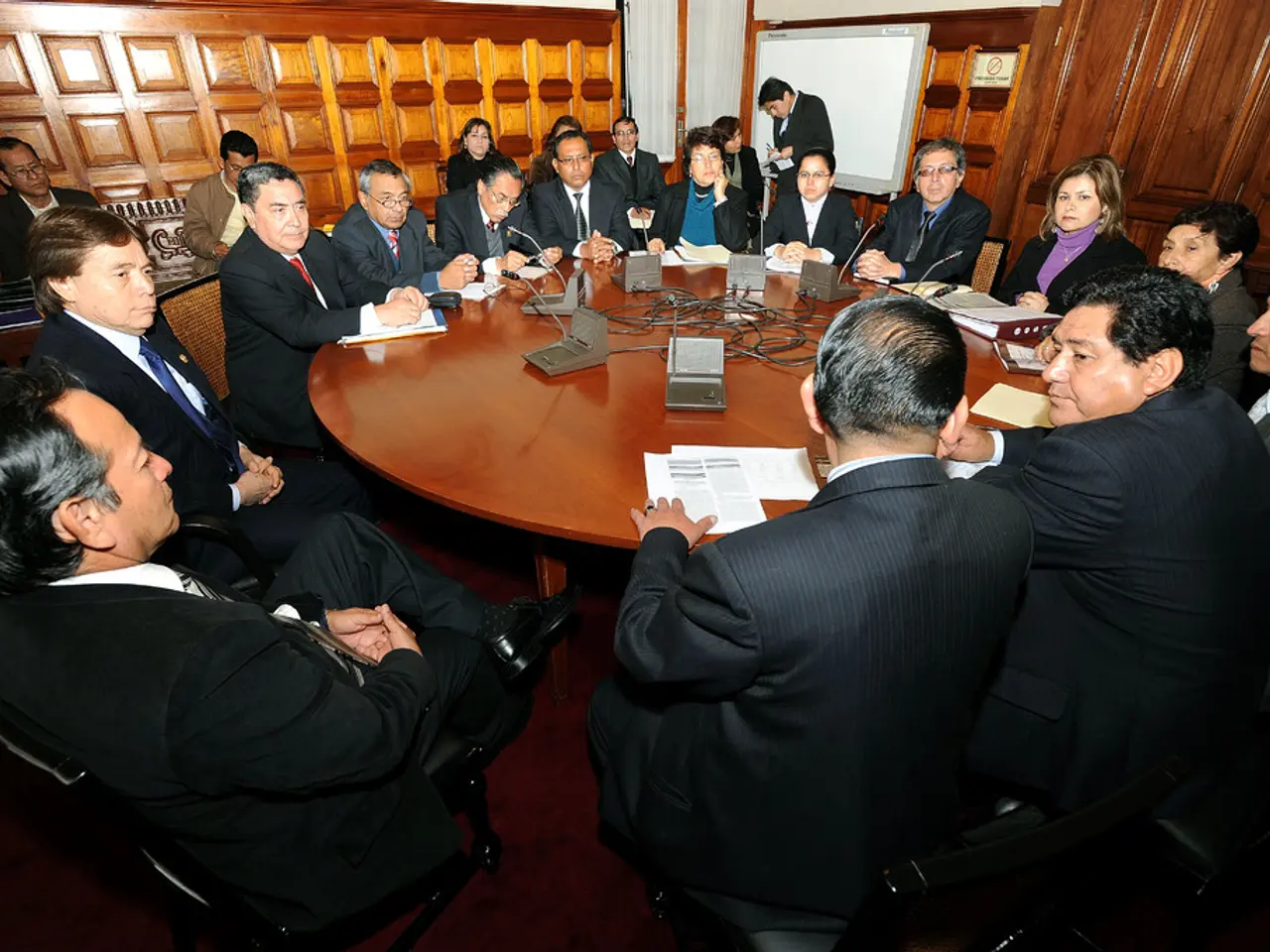Resolving Disputes Within Elder Care: An In-Depth Handbook
In the complex and sensitive world of elder care, dispute resolution plays a crucial role in ensuring the well-being of elderly individuals and maintaining harmony among all parties involved. Active communication, mediation, and establishing clear protocols for dispute resolution are best practices that promote smoother interactions and safeguard the interests of the elderly.
Disputes in elder care can arise from various sources, such as care quality dissatisfaction, financial disagreements, and end-of-life decision-making. These conflicts can involve caregivers, families, and healthcare providers, making resolution a delicate matter.
One significant advantage of mediation is its efficiency. Unlike litigation, which can take months or even years, mediation proceedings are generally quicker. Courts often encourage mediation or other forms of dispute resolution prior to allowing cases to proceed to trial.
Mediators, who play an essential role in this process, facilitate discussions, explore interests, and propose solutions tailored to the specific needs of the parties involved. Their role is to promote understanding and agreement without imposing decisions.
Effective dispute resolution in elder care settings aims to foster communication and collaboration. This collaborative approach emphasizes cooperation among all parties, allowing them to express their concerns and work towards mutually beneficial resolutions.
Key practices include early and open communication, professional involvement, cultural sensitivity and flexibility, documentation and transparency, non-binding and voluntary processes, and the adaptive role of the mediator. If initial mediation does not resolve the issue, escalation to more senior staff or exploring external review options can be a next step.
Mediation offers benefits such as reduced costs, time, preservation of relationships, a more flexible process, and personalized solutions tailored to the unique needs of the parties involved. While arbitration is another option, parties should be aware of its implications, such as limited rights to appeal.
In many cases, the adversarial nature of litigation can further exacerbate existing tensions among family members or caregivers. As such, collaborative approaches like mediation are favored in elder care disputes because they provide a compassionate, flexible, and family-centered process that aligns with the emotional and complex nature of elder care decisions.
In conclusion, mediation and collaboration are the preferred approaches for elder care dispute resolution due to their ability to foster understanding, preserve relationships, and provide personalized solutions that honor the values and wishes of the elderly. Effective communication techniques are fundamental in navigating disputes within elder care settings, contributing to productive interactions that prioritize respect and patience.
- Mediation in the context of health-and-wellness related to elderly care can address disputes stemming from sources like care quality dissatisfaction, financial disagreements, or end-of-life decision-making, all of which can involve caregivers, families, and healthcare providers, making it a delicate yet crucial matter in the field of science.
- By adopting mediation as a resolution method, families can experience mental health benefits through reduced stress, as it provides a quicker way to address conflicts compared to litigation (which can take months or years), and offers a flexible process tailored to family dynamics and relationships.
- The collaborative approach of mediation in elder care not only emphasizes the importance of family dynamics and relationships but also encompasses lifestyle factors, such as encouraging open communication, flexibility, and a compassionate environment, which are crucial for maintaining the physical and emotional well-being of the elderly.




